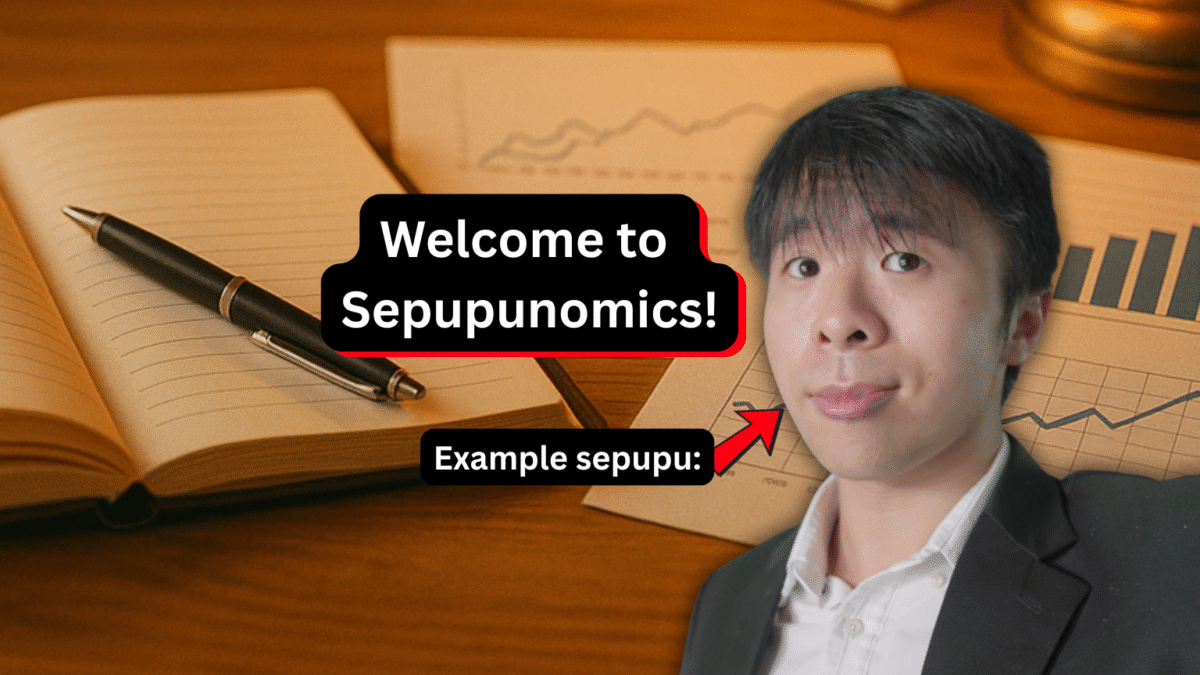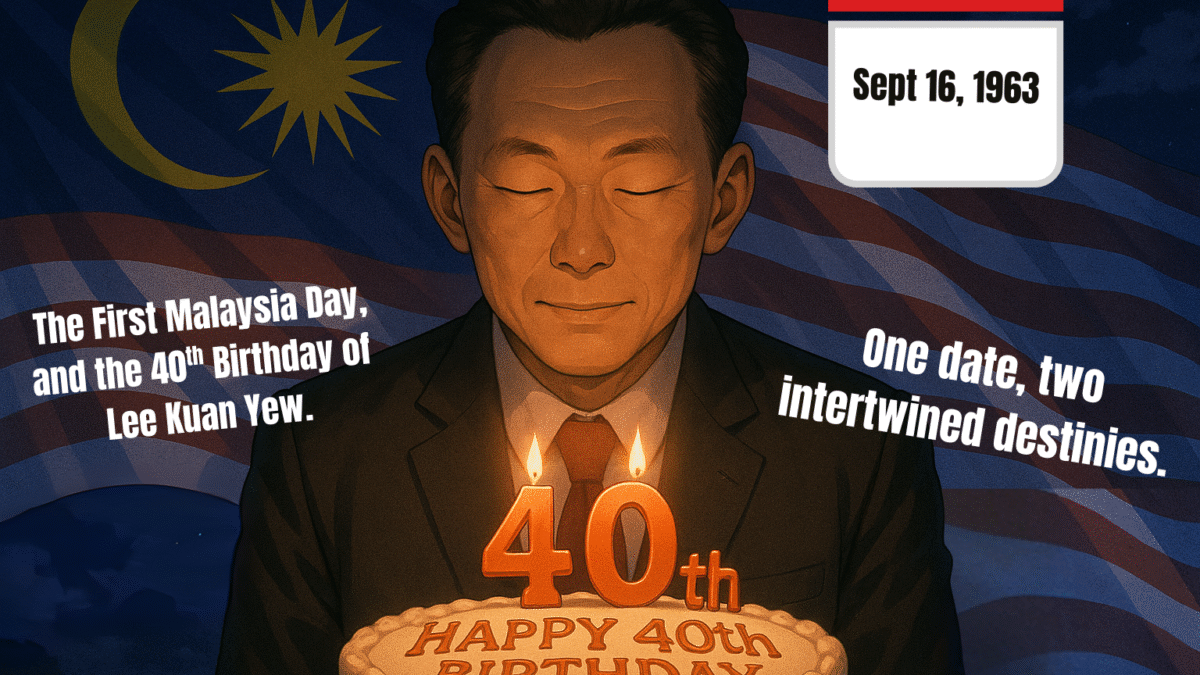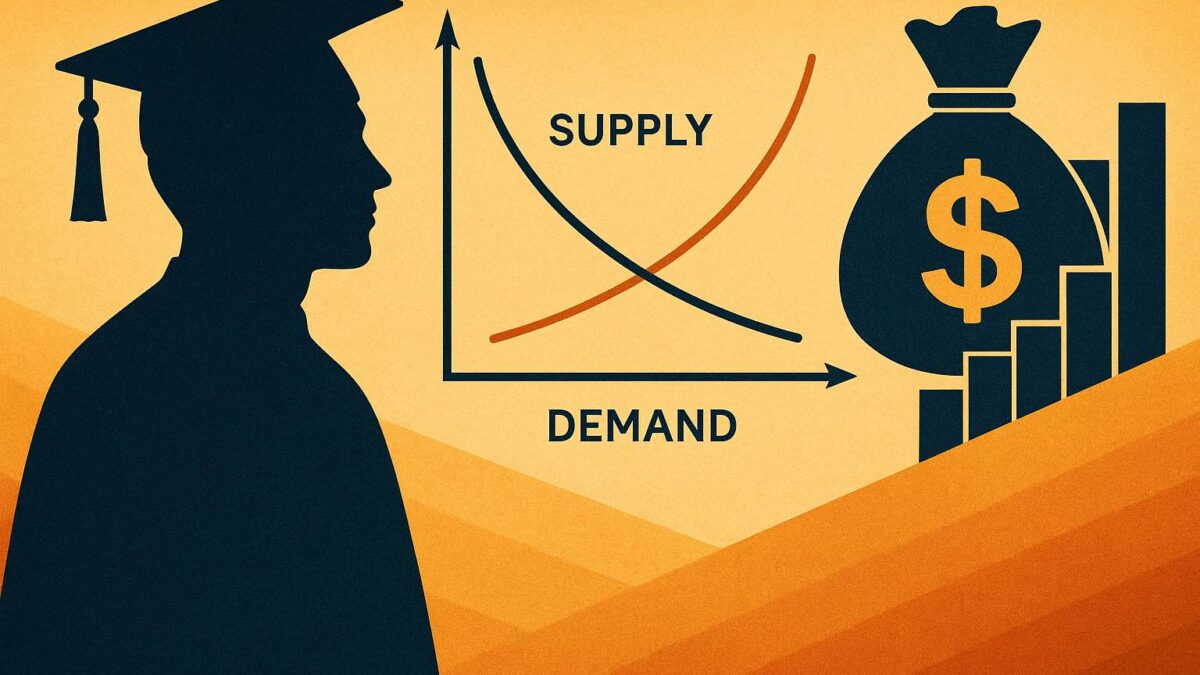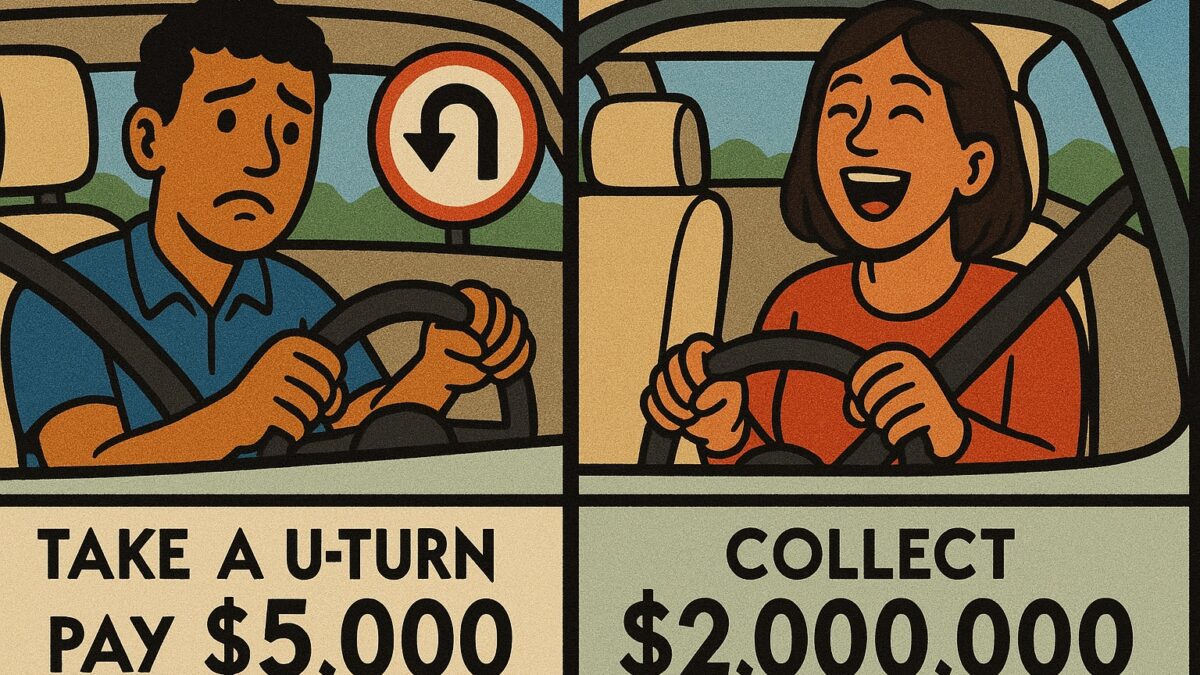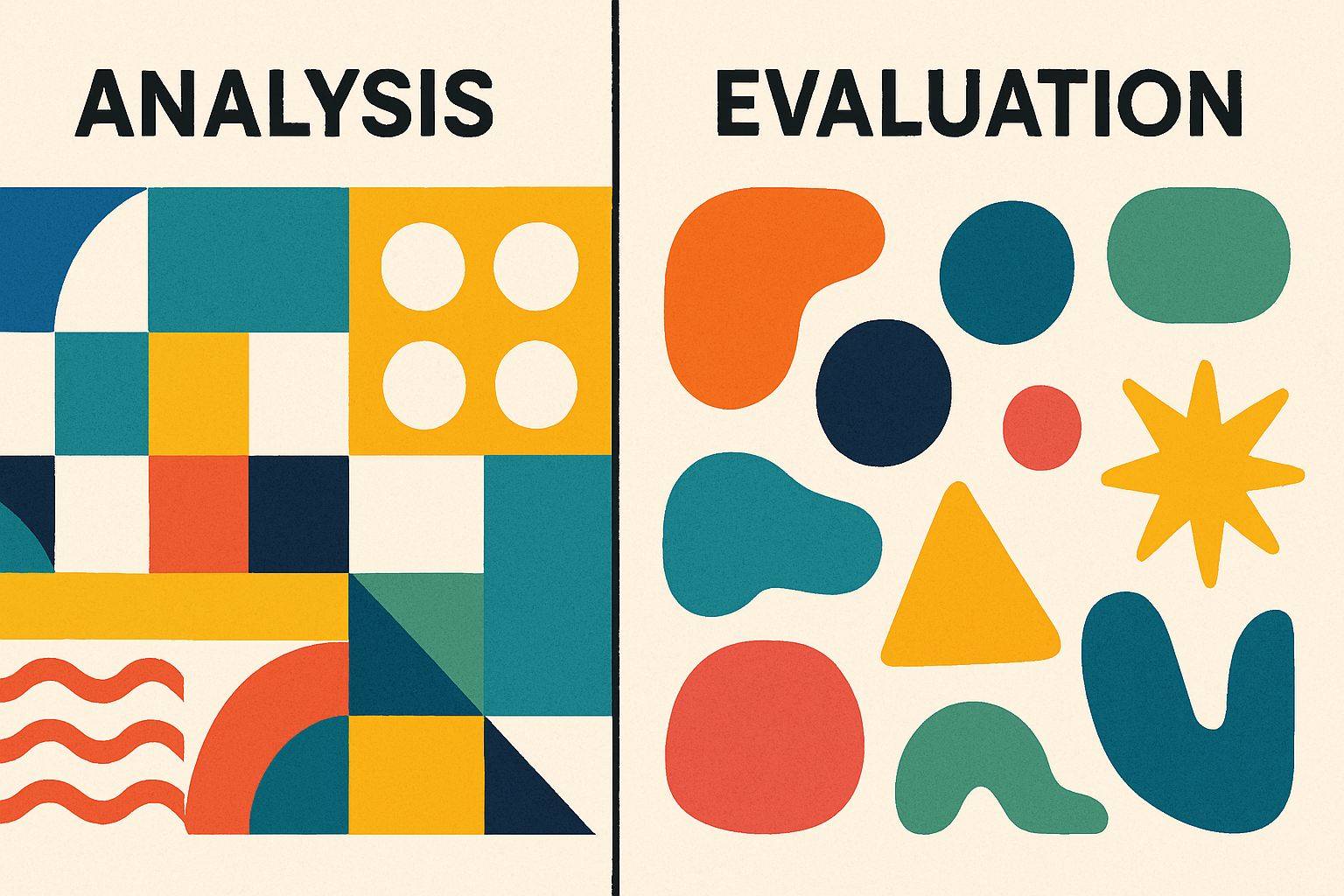
Analyze better!
Your evaluation is not enough.
If you were like me, these were words that you confronted in the course of your economics classes as a younger student. And if you are anything like me, they would have infuriated you as you wondered to yourself what it would mean to perform that strange, almost unavoidable injunction time after time as understanding eluded you and comprehension of what you were meant to do evaded your every grasp.
In today’s blog post, I hope to explain the difference to you and also to ground your understanding of what it means to analyze and to evaluate to make your economics journey that much smoother, that much easier, and hopefully just a little more meaningful than you might have expected it to be.
Ready? Let’s go!
Let’s start by revisiting something small, but fundamental and important.
Economics is the study of choice under scarcity. As we discussed before, that scarcity can take the form of pretty much anything and everything that is finite in this universe.
Most often we think of it as money, but it can also be time, or anything else that we could use to serve a goal in our universe.
Okay, great. Now have a look at the analysis and evaluation assessment objectives for a quick bit.
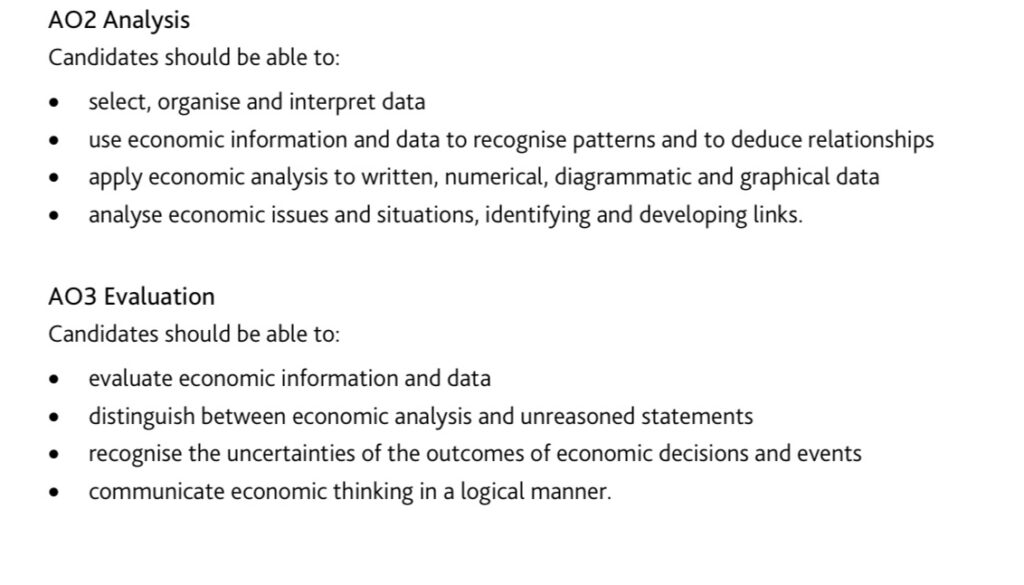
All right, you’ve probably seen that before – it’s also relevant for IB Economics since all we really are interested in is just the general idea or concept of what this set of topics mean, so now let’s refresh everything a little bit.
Let’s first talk about analysis.
You’re told that analysis means that you’re able to select, organize, and interpret data. You should be able to use economic information and data to recognize patterns and to deduce relationships, and apply economic analysis to written, numerical, diagrammatic, and graphical data and analyze economic issues and situations, identifying and developing links.
Sounds like a mouthful?
Sure, but here’s another way you can think about it.
Think about it as understanding the results of a choice.
Analyzing in economics is understanding and knowing consistently how to answer this question: what will happen if we make this choice according to economic theory?
Here you can see why the diagrams come in because you need to be able to look at something that’s happening and understand how to apply the theory and what would happen according to the theory in the situation that you’re describing.
For example, if for some reason there is extremely good weather for the season or somehow all of the seeds that you use for a crop happen to spontaneously evolve and begin producing a much higher yield, what happens is that clearly more crops can be supplied at every single given price and you should be able to predict that a supply curve would then shift to the right based on that.
On the other hand, there is evaluation, which is a little bit trickier.
Same with the other assessment objective, we know what that looks like for the IGCSE and A levels as well.
Evaluation, in the context of IGCSE/A Level economics, means being able to evaluate economic information and data, distinguish between economic analysis and unreasoned statements, recognize the uncertainties of outcomes of economic decisions and events, and communicate economic thinking in a logical manner.
Think of evaluation as trying to decide if your choices make sense, the impacts of your choices on other people, how the choice could play out under different situations whether in the short-term or the long-term, and how your choice could affect different people or parties, amongst other things.
In both cases, you are thinking and reasoning about choices across time frames, considering how choices affect others, yourself, and thinking about how scarce resources are used, provided, and distributed throughout our society.
If this seems a little vague, it is often because you may not be thinking about the choices and the occurrences that may happen in our society and world from different points of view, or thinking deeply about how to understand the choices that we face in life.
That is natural because often times the world teaches us to take things as given. We are presented with a million different choices on a day-to-day basis and are so overwhelmed with them that it often becomes easy just to make choices all day. Well, that’s exactly the kind of thinking that economics trains you to participate in, and I think that it’s valuable to learn about it for that reason. Because it is relevant to everyone.
Now you might say that thinking about choice doesn’t necessarily mean that you should be learning about economics, and I totally respect that. But the framework that economics gives for thinking about choice I think is something that is definitely worthwhile to think about, so long as we live life on this planet and scarcity remains a real and lived out facet of human experience.
Till the next one!
